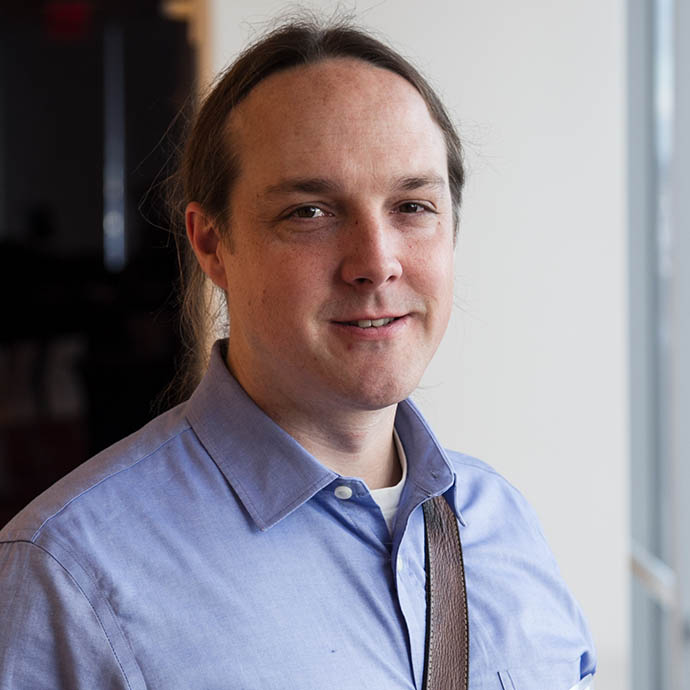Enzymes control reaction selectivity via substrate binding to enable biosynthetic sequences in a cellular environment. The range of substrates and reactions compatible with known enzymes, however, is limited relative to those developed by chemists. It is as if enzymes act as hands to link molecules together like Lego bricks, but only certain bricks and linkages are allowed. Research in my group focuses on evolving natural enzymes and engineering artificial metalloenzymes (ArMs), hybrid catalysts comprised of synthetic metal cofactors linked to protein scaffolds, to overcome these limitations. The sizes, shapes, and dynamics of these systems allow them to manipulate molecules and reactivity in ways that small molecule catalysts cannot. Because of this, they are well-suited to tackle complex selectivity problems, ranging from in vitro functionalization of biologically active molecules, to in vivo catalytic manipulation of metabolites and cellular function. We are particularly focused on designing systems for site-selective C-H functionalization.
Awards and Achievements
- NSF CAREER Award ( 2014)
- Searle Scholar Award ( 2011)
- NIH Pathways to Independence Award ( 2010)
- Dreyfus Teacher-Scholar Award
